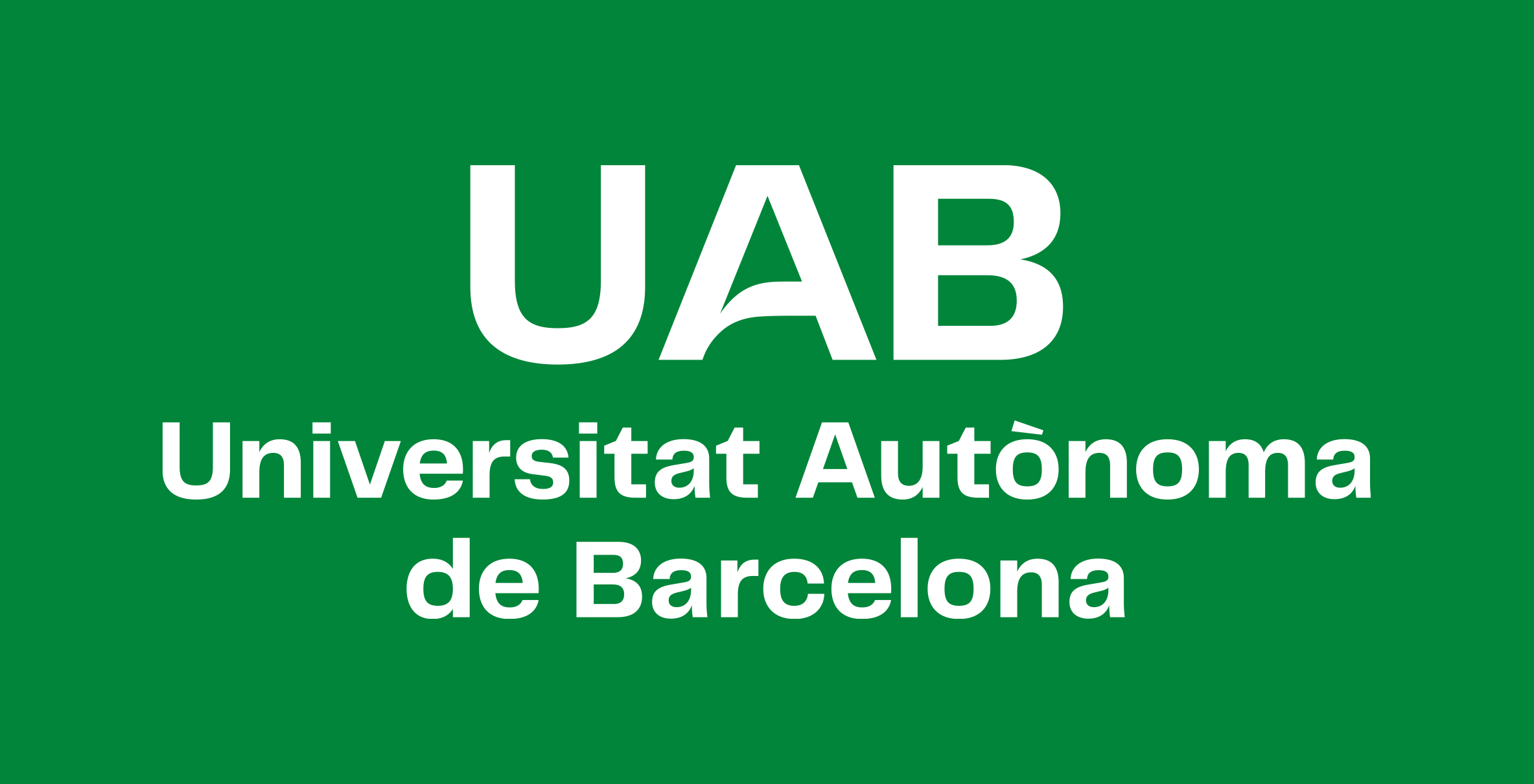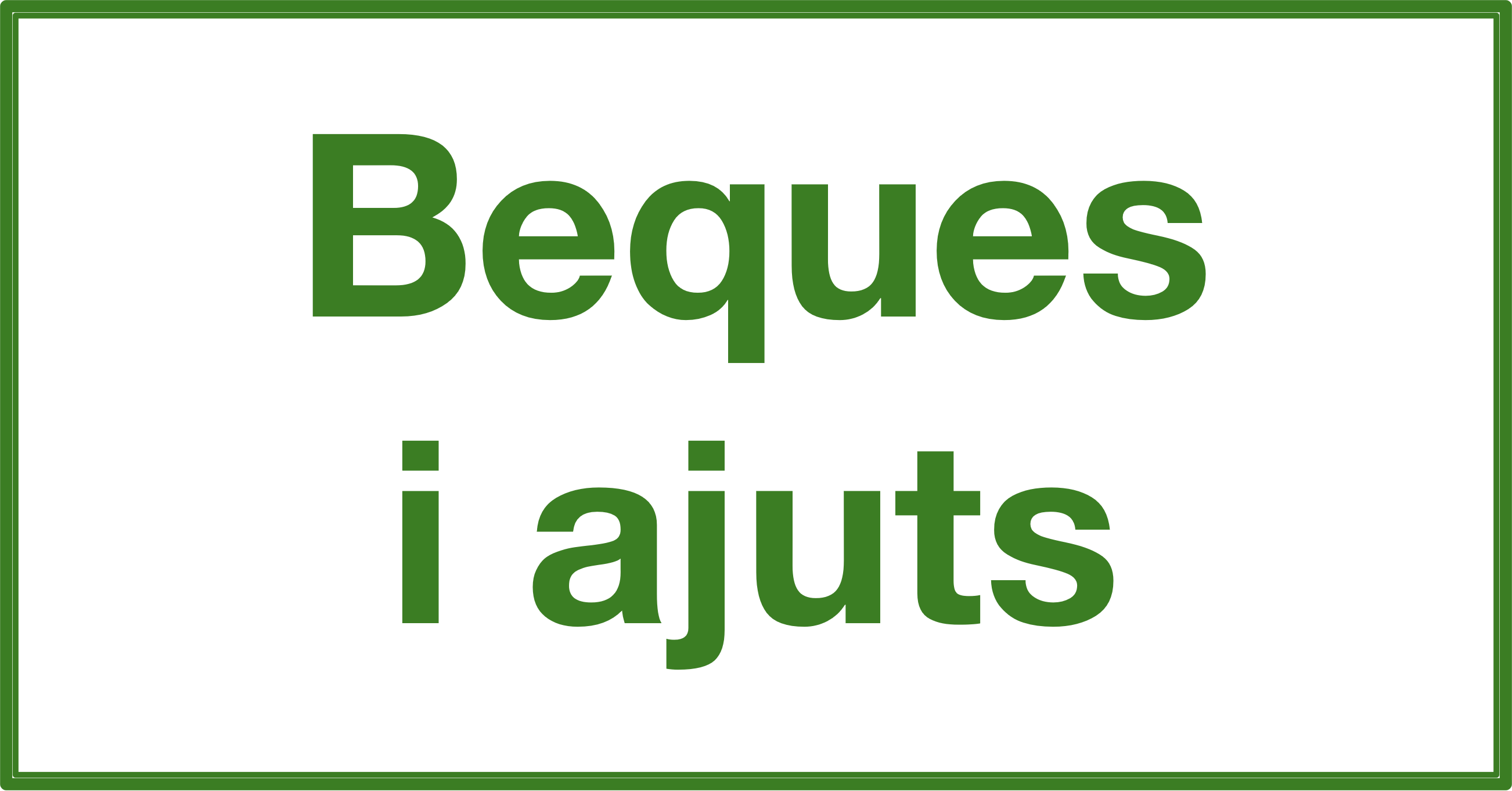- UAB Microcredential
- Code: 5055/1
- 1st edition
- Modality: Face to face
- Credits: 3 ECTS
- Start date: 13/01/2025
- Finish date: 30/04/2025
- Places: 27
- Orientation: Professional
- Price: 675 €
-
Special price 203 €
Group of application: Amount with the NextGenerationUE Fund discount applied
- Teaching language: Spanish
- Location: Facultat de Traducció i Interpretació (UAB)
This programme is aimed at people who work or want to work as intercultural communication professionals. It offers the necessary training because they want to be trained to be an effective bridge of communication in fields such as education, health, police stations or services for asylum seekers and refugees. Course participants must speak at least two languages.
The tools acquired during this training have been designed for the specific needs of interpreting in public services and community settings, but can be applied to many other communicative situations. In this sense, this training course is an ideal educational complement both for professionals who already work in situations of interlinguistic mediation in public services and community settings, and for people who have completed university studies in philology and translation who want to deepen their knowledge of specific bilateral interpreting techniques.
Participants learn a variety of professional skills that can be categorised into three groups: message transfer techniques, professional protocols and terminology and contextual information management. The approach of the course is practical and the contents are directly applicable to day-to-day professional activity.
The course is designed to be combined with work responsibilities. Group activities at set times account for 25% of the course and are held once a week in the evening. The remaining 75% are autonomous activities that participants can carry out at the time that suits them best.
At the end of the course, participants will have learned to manage a multiplicity of components of the communicative situation. The newly acquired skills equip participants with the tools to help providers and users of public services and community settings to overcome the language barrier effectively.
Item 2: Protocols
Item 3: Context
The tools acquired during this training have been designed for the specific needs of interpreting in public services and community settings, but can be applied to many other communicative situations. In this sense, this training course is an ideal educational complement both for professionals who already work in situations of interlinguistic mediation in public services and community settings, and for people who have completed university studies in philology and translation who want to deepen their knowledge of specific bilateral interpreting techniques.
Participants learn a variety of professional skills that can be categorised into three groups: message transfer techniques, professional protocols and terminology and contextual information management. The approach of the course is practical and the contents are directly applicable to day-to-day professional activity.
The course is designed to be combined with work responsibilities. Group activities at set times account for 25% of the course and are held once a week in the evening. The remaining 75% are autonomous activities that participants can carry out at the time that suits them best.
At the end of the course, participants will have learned to manage a multiplicity of components of the communicative situation. The newly acquired skills equip participants with the tools to help providers and users of public services and community settings to overcome the language barrier effectively.
Contents
Item 1: TransferItem 2: Protocols
Item 3: Context
Scholarships and financial aid
Chek all the information on the possibilities for grants and scholarships in the page for UAB financial aids, grants and calls.
Coordinating centres
Escuela de Formación Permanente
Collaborating centres
ABD Associació Benestar i Desenvolupament
Contact
Anna Suades Vall
Phone: 935813403

